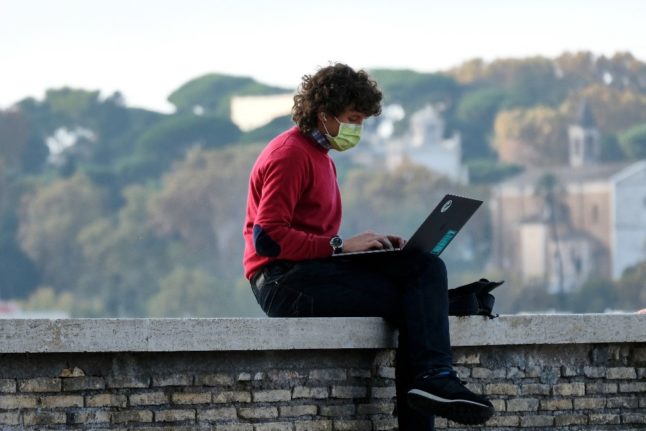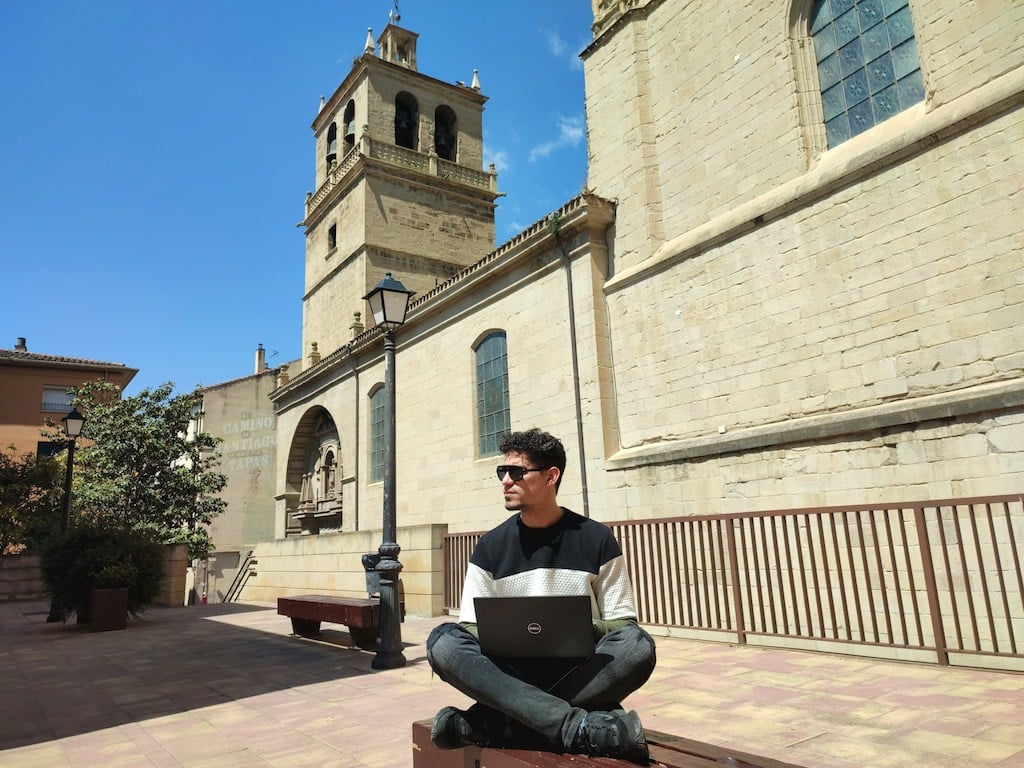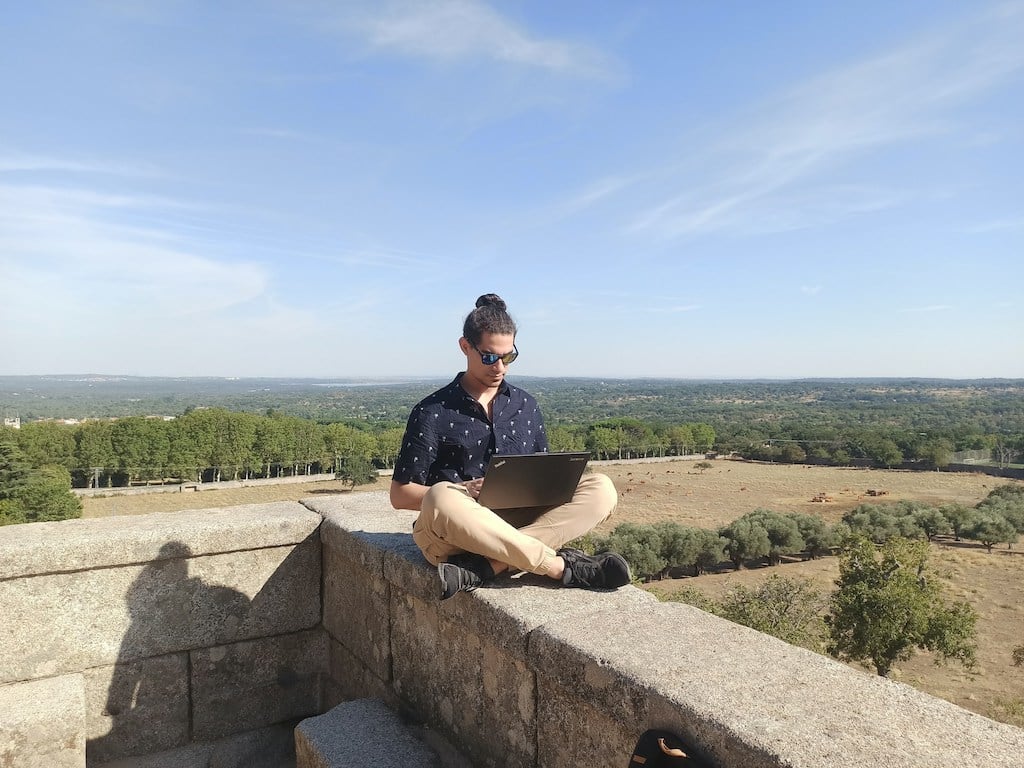After weeks of speculation and doubt, the Italian ‘digital nomad visa’ was approved and signed into law this week according to lawmakers.
Italy now looks set to join EU countries including Germany and Portugal in offering a special visa allowing remote workers to move to Italy from outside the European Union.
READ ALSO: What do we know so far about Italy’s digital nomad visa?
A provision for a new digital nomad visa was included in Italy’s ‘decreto sostegni ter‘, a government decree which was approved in January and converted into law on March 28th.
It’s hoped that the new digital nomad visa will mean a far easier route to a new life in Italy than the current visa options available, which immigration experts say are not always viable for freelancers and remote workers.
While it is possible for many non-EU nationals to spend up to 90 days in Italy without a visa, anyone wishing to work legally while here must apply for a visa and work permit.
However, with the details of the new visa still to be confirmed, it’s not yet clear how much easier the new route will be.
“We are happy to have approved the proposal but we are also aware of the next steps. The government has to work on a new bill to implement the law, defining all the procedures and details,” Five Star Movement MP Luca Carabetta, who promoted the digital nomad visa, told The Local.
“We worked all along with the Ministry of Foreign Affairs on this and we are sure they will lead this process,” he added.
READ ALSO: How to get an Italian work visa
This means it could still be some time until the Italian government publishes full details of the visa application process and requirements.
The text of the bill stated that the visa will be for those “who carry out highly qualified work activities through the use of technological tools that allow them to work remotely, autonomously or for a company that is not resident in the territory of the Italian state.
As for who counts as a “highly qualified” worker, financial newspaper Il Sole 24 Ore writes that this category includes everyone “from university professors to circus employees, seafarers and professional nurses”.
Il Sole said that these professionals will not be subject to the restrictions on the number of work permits issued annually under Italy’s decreto flussi (the foreign workers’ quota), but that “their entry is in any case subject to the issue of a work permit which must be requested by their employer”.
Carabetta said the approval provides for “the establishment of a dedicated visa and permit lasting one year, which can be extended for a further year and can be extended to the family unit of the remote worker”.
Application looks set to entail a minimum income requirement, though the amount is not yet known.
According to Carabetta, “Requirements for the remote worker are the availability of suitable accommodation, adequate income, health insurance, and a clean criminal record.”
Existing visa options available to non-EU remote workers moving to Italy include the self-employment visa, intra-company visa, and the EU Blue Card. Find out more about those here.






 Please whitelist us to continue reading.
Please whitelist us to continue reading.
Member comments